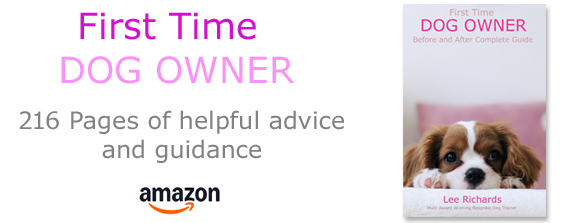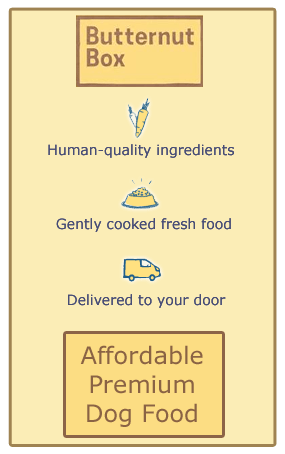The diet of your dog plays a vital role in maintaining their health and overall welfare.
When we discuss ‘dog diet’, we are referring to the balanced combination of proteins, carbohydrates, fats, vitamins, and minerals that your canine companion needs to thrive.
A well-adjusted diet not only contributes to a shiny coat and healthy weight but also plays a crucial role in your dog’s energy levels, longevity, and potential to fight off diseases.
The ‘D’ Word
Significant health changes can be observed when there are alterations in a dog’s diet.
For instance, a diet high in protein supports muscle development and aids in maintaining a healthy weight.
Additionally, certain types of fats are beneficial for skin health and contribute to a shiny coat.
Carbohydrates provide energy, while vitamins and minerals support various body functions, including digestion and immunity.
THE RIGHT DIET BALANCE
However, an inappropriate diet can lead to health issues.
Excessive intake of fats can cause obesity, which in turn increases the risk of diseases such as diabetes and heart disease.
Over-reliance on a single type of food or excessive supplementation can lead to nutrient imbalances, potentially causing conditions like vitamin toxicity or mineral deficiencies.
Food allergies are another concern, with certain dogs exhibiting allergic reactions to ingredients like wheat, corn, or specific proteins.
CANINE WELFARE
The welfare of your dog is directly related to their nutritional well-being.
Monitoring your dog’s diet and observing any changes in their health or behavior can help prevent potential issues and ensure your pet’s overall wellness.
It’s crucial to remember that each dog is unique, with specific dietary requirements depending on their breed, age, size, and health condition.
Professional advice from a veterinarian or a pet nutritionist can be invaluable in tailoring the right diet for your dog.
CONSIDERATIONS
When considering your dog’s diet, remember to ensure regular access to fresh water as hydration is as crucial as nutrition.
Also, be mindful of their weight, energy levels, digestion, and coat condition as these can be indicators of their dietary health.
Regular check-ups with a vet can help catch any diet-related issues early, facilitating a timely intervention.
KEEPING IT BALANCED
Above all, maintaining a balanced diet for your dog is vital.
This means a mix of the right amounts of different food groups, specifically tailored to your dog’s individual needs.
Ensure to include a variety of food types in their diet to provide a comprehensive range of nutrients.
This diversity not only ensures they get all the nutrients they need but also prevents them from getting bored with their food.
Your dog’s diet significantly impacts their health and welfare.
By being mindful of their dietary needs and responsive to changes in their health, you can ensure your furry friend lives a healthy, happy, and fulfilling life.









